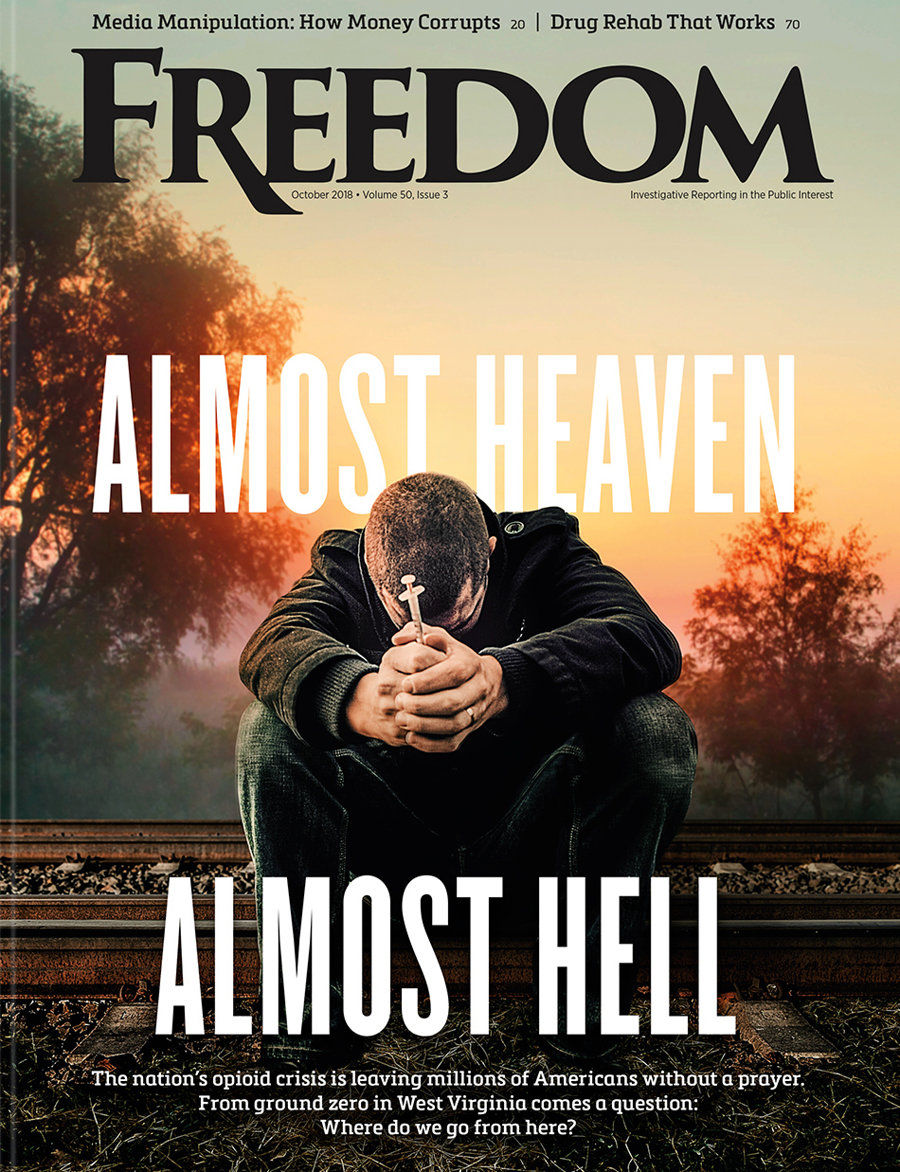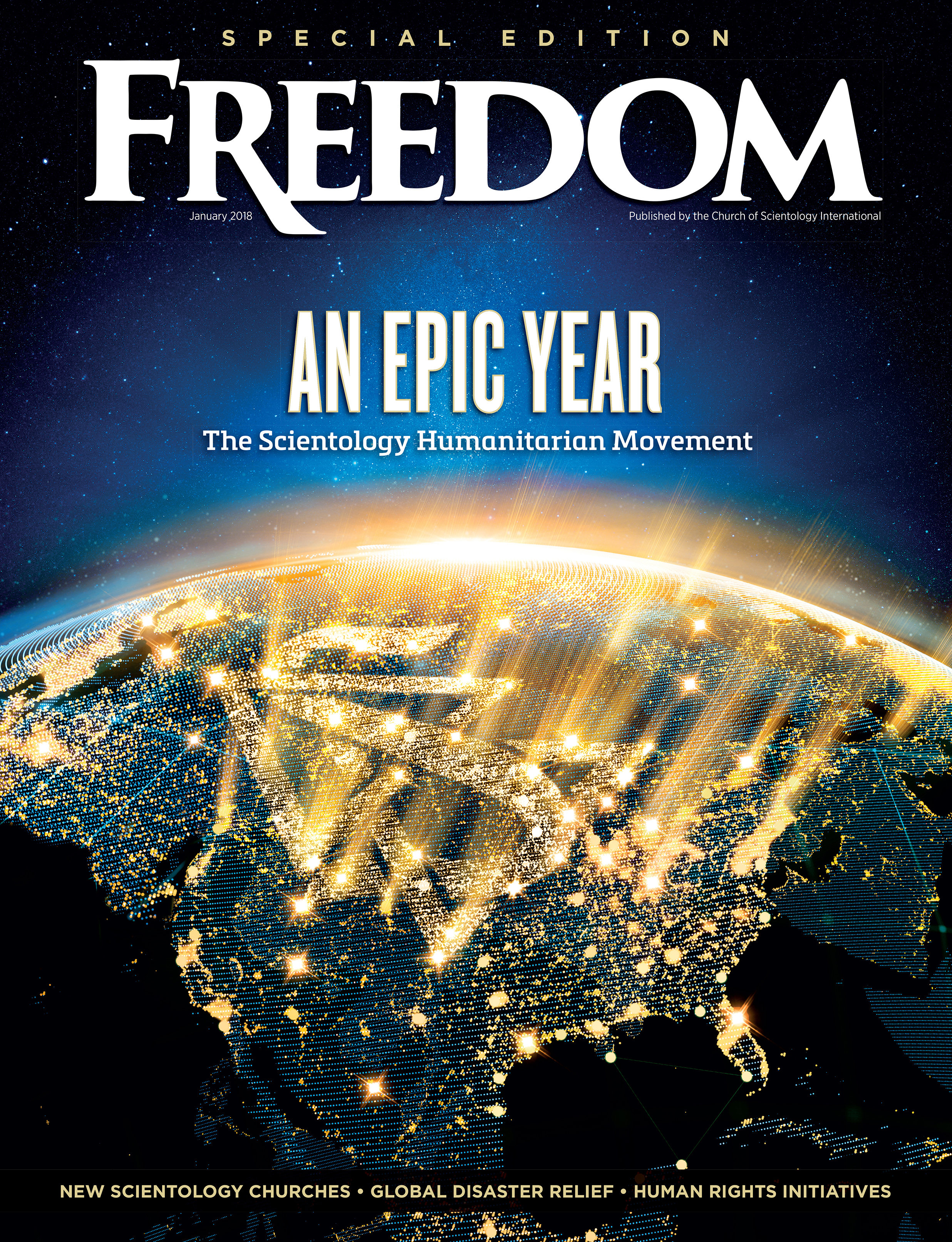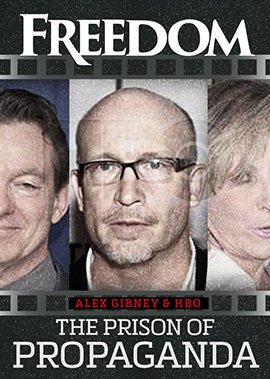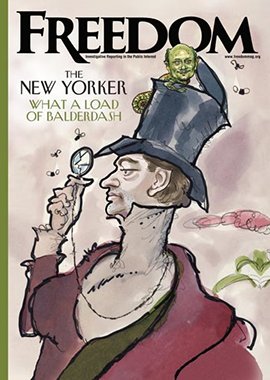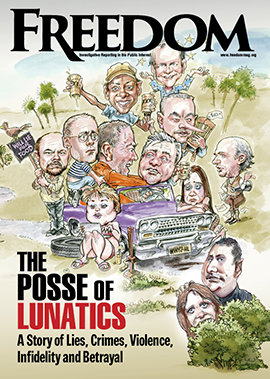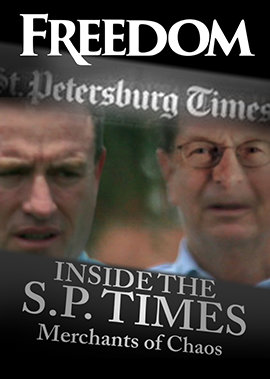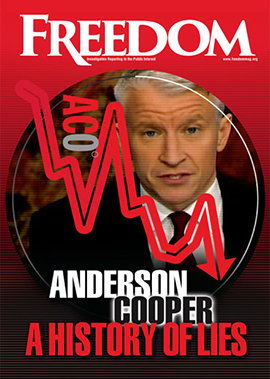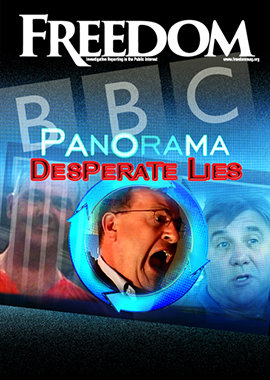Thomas Kingston, chartered financial analyst and director of Devonport Capital, had also served in the British Foreign Office and traveled to Iraq as part of a hostage release mission.
And was also married to royalty. Lady Gabriella Kingston, Kingston’s widow, who is also second cousin to the King, called Kingston an “exceptional man who lit up the lives of all who knew him.”
How could such a bright light cut himself down in his prime?
The coroner at the inquest this month gave the answer: “He was suffering adverse effects of [psychotropic drugs] he had recently been prescribed.”
“I believe anyone taking pills such as these needs to be made more aware of the side effects to prevent any future deaths.”
What prompted Kingston’s suicide was, in other words, not a personal matter. No drowning in a tidal wave of emotion. No new source of anxiety or added pressure. No mention or hint or foreshadowing that he was even considering suicide. No sudden downturn in his fortunes or sudden dark cloud on his happy marriage. Just the inevitable result when one takes a toxic substance known to have suicidal thoughts and suicide itself as a “side effect.”
Kingston had been on the antidepressant sertraline (aka Zoloft) alongside a prescription for a sleeping aid. Web MD advises Zoloft users, “Call your healthcare provider right away if you have any of the following symptoms: New or increased thoughts of suicide or death, suicide attempt, new or increased feelings of anxiety, depression, or other unusual changes in your mood or behavior.”
When Kingston complained to his healthcare provider that Zoloft was indeed making him feel more anxious, the doctor switched him to another antidepressant, citalopram (aka Celexa).
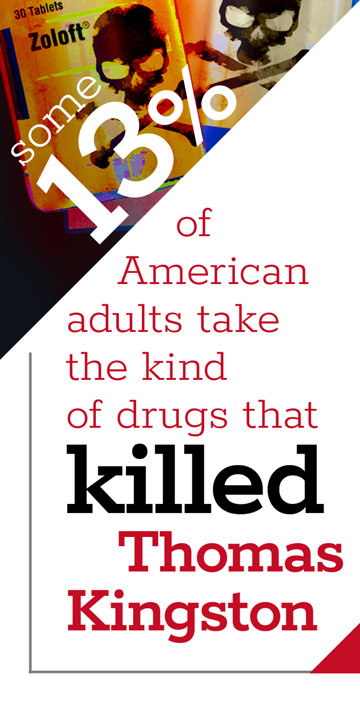
Web MD issues a word-for-word identical warning for Celexa: “Call your healthcare provider right away if you have any of the following symptoms…”
But this time, the call to the healthcare provider came not from Kingston but from the coroner.
Lady Gabriella Kingston cried as she listened to her own statement read at the coroner’s hearing—a statement that she and her husband enjoyed a “deeply loving and trusting” marriage and that he had “seemed normal” just before taking his life.
Kingston’s father, William Martin Kingston, said his son had always had a strong, resilient character and that the fact of no will or note left behind indicated an action born of a sudden impulse.
“I believe anyone taking pills such as these needs to be made more aware of the side effects to prevent any future deaths,” Lady Gabriella said. “If this could happen to Tom, this could happen to anyone.”
At present, about 13 percent of American adults take the kind of drugs that killed Lady Gabriella’s husband. In England, 85 million antidepressant prescriptions were issued in 2022–23, up from 58 million in 2015–16. Some of those prescriptions were written for children as young as four.
That’s a lot of “anyones.”
Over the last 10 years, the UK’s Medicines and Healthcare Products Regulatory Agency (MHRA)—a government bureau roughly corresponding to the FDA in the US—received more than 71 alerts of fatalities linked to Celexa, and more than 114 alerts on fatal reactions linked to Zoloft, the two drugs Kingston had been on.
As of May 2024, the MHRA announced it would be initiating a review of safety warnings for 30 such antidepressants “as figures point to hundreds of deaths linked to suicide and self-harm among people prescribed these drugs,” according to The Independent.
A psychiatrist who spoke at the hearing concluded that the antidepressants prescribed to Kingston “did not suit him” and, therefore, should not have been prescribed—the equivalent of saying “the thermonuclear bomb that wiped out the city and its 3 million inhabitants did not sit well with the populace.”
As any of the heartbroken attendees of the countless funerals caused by these dangerous psychotropic drugs can tell you, antidepressants and their lethal consequences “do not suit” anyone.
Memo to the MHRA: Wrap up your review and make it easy for all of us. Dispense with the “adverse reactions” and “side effects” listings. Just label antidepressants as what they are, “POISON,” with a skull and crossbones displayed across the entire bottle.






